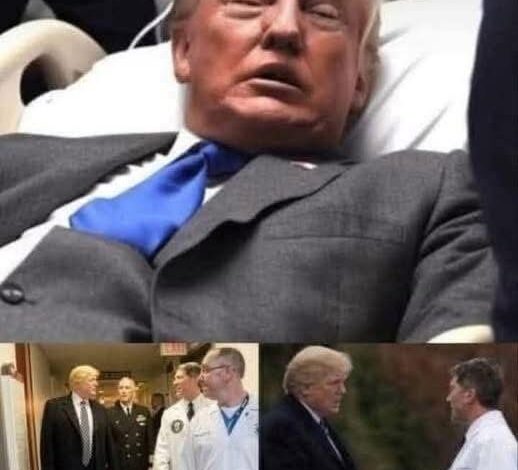
Former U.S. President Donald Trump has once again found himself in the middle of mounting legal troubles. On Thursday, federal prosecutors formally announced a sweeping set of new charges against him, deepening the legal challenges he already faces and fueling fresh political turmoil.
The indictment outlines multiple allegations, including conspiracy to defraud the United States, conspiracy to obstruct an official proceeding, obstruction of and attempt to obstruct an official proceeding, and conspiracy to violate rights guaranteed by the U.S. Constitution. These charges stem from Trump’s alleged role in attempts to overturn the results of the 2020 presidential election and the events surrounding the January 6, 2021 attack on the U.S. Capitol.
According to the charging documents, prosecutors argue that Trump and several unnamed co-conspirators worked to undermine the democratic process by spreading false claims of election fraud, pressuring state officials to alter vote counts, and interfering with the certification of the Electoral College results. The indictment also claims that Trump encouraged efforts to submit slates of fake electors in multiple battleground states—moves prosecutors argue were part of a coordinated attempt to block the lawful transition of power to President Joe Biden.
This latest development adds to Trump’s already long list of legal entanglements. He is facing separate cases relating to alleged mishandling of classified documents, financial fraud tied to his business empire, and hush money payments made during his 2016 campaign. Together, these cases paint a picture of a former president under unprecedented legal scrutiny.
The conspiracy to obstruct an official proceeding charge is particularly significant. Legal experts note that this accusation directly ties Trump to the effort to disrupt Congress’s certification of Biden’s victory on January 6. Prosecutors argue that Trump’s words and actions on that day—and in the weeks leading up to it—were not simply political rhetoric, but deliberate attempts to interfere with one of the most important constitutional processes in the United States.
Perhaps most striking in the indictment is the allegation of conspiracy to violate rights guaranteed under the Constitution. This charge suggests prosecutors believe Trump’s actions went beyond political maneuvering and actively infringed upon the fundamental right of Americans to have their votes counted and their voices heard in a free and fair election.
Reactions to the charges were swift and divided along familiar partisan lines. Trump’s supporters denounced the indictment as yet another politically motivated attack designed to derail his 2024 campaign, while his critics argued that the charges were long overdue and necessary to uphold the rule of law. Trump himself quickly released a statement, calling the prosecution a “witch hunt” and insisting that he was being unfairly targeted for challenging what he still describes as a “rigged election.”
Despite the serious nature of the charges, Trump has vowed to continue his bid for the White House in 2024. His campaign insists that these legal battles will only energize his base, portraying him as a victim of a corrupt establishment determined to silence him. Early fundraising numbers suggest that, for now, his core supporters remain firmly behind him.
Still, legal analysts warn that the stakes could not be higher. If convicted on some of these charges, Trump could face severe penalties, including prison time. While no former president has ever been criminally prosecuted at this scale, the law does not exempt anyone from accountability. The coming months are likely to test both the legal system and the political landscape in ways the nation has never seen before.
This indictment also raises complex constitutional questions. Can a former president be criminally liable for actions taken while contesting an election? How will courts balance issues of free speech and political advocacy with the need to protect democratic institutions? These questions will be argued vigorously as Trump’s legal team prepares its defense, and the answers could shape not just his future, but the boundaries of presidential power for generations to come.
Meanwhile, the country braces itself for another round of polarization. Trump remains one of the most influential figures in American politics, and his ability to dominate headlines has not waned. Whether in rallies, courtrooms, or televised interviews, every move he makes is dissected and debated. The new charges only ensure that he will remain at the center of the national conversation.
For now, Trump is expected to appear in federal court in the coming weeks, where he will face arraignment on these latest charges. The proceedings will mark another dramatic chapter in a saga that has gripped the country since his departure from the White House.
What is clear is that this moment is unprecedented. Never before has a former U.S. president faced such sweeping criminal allegations tied directly to the democratic process itself. Whether Trump emerges from these battles weakened or emboldened, the outcome will leave a lasting imprint on American politics and the nation’s collective understanding of accountability, power, and the rule of law.


